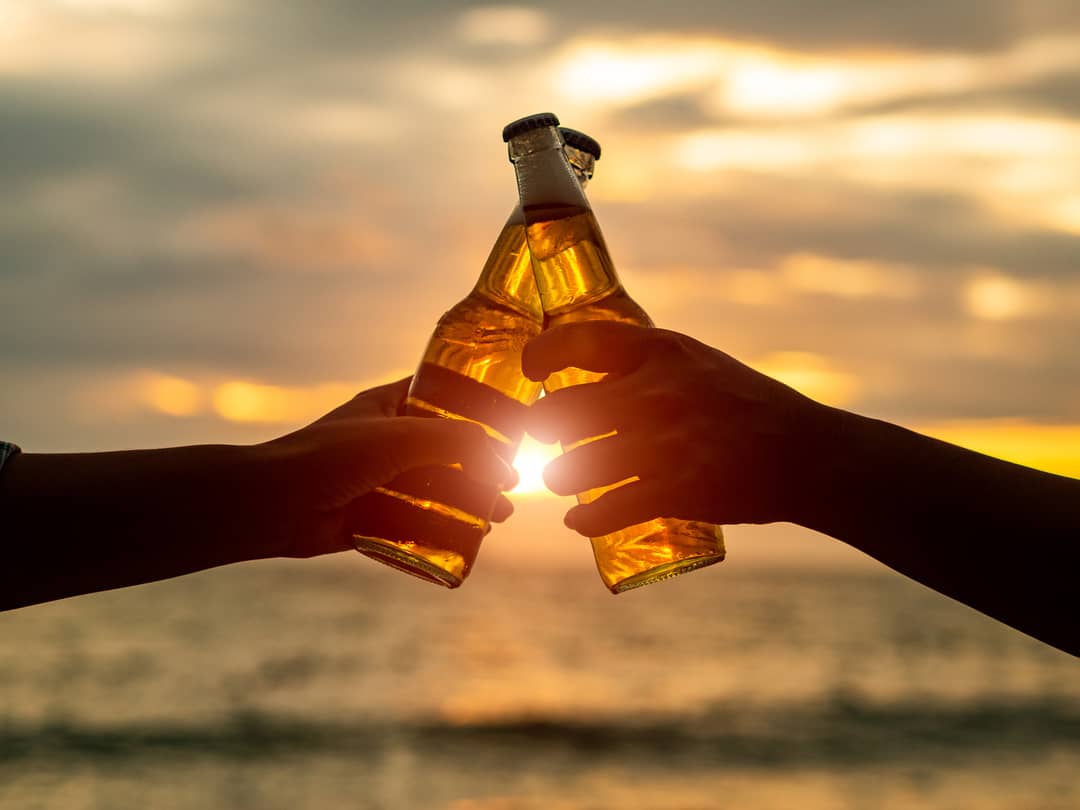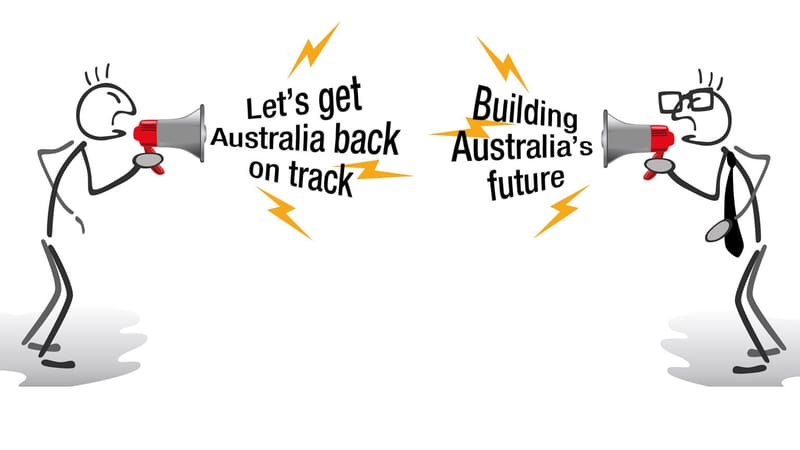
At the beginning of the pandemic in March 2020, Victorian Premier Daniel Andrews cautioned us against having our mates around “to get on the beers” at home.
The use of the slang expression by a senior politician in such grave circumstances caused enough of a stir to inspire the hit song Get On The Beers, by Mashd N Kutcher (it even charted at No.12 in triple j’s Hottest 100).
If anything is closer to an Australian’s heart than getting on the beers, it’s just how we talk about those beers – and we do have a wide vocabulary in this area.
As one survey respondent told us:
“I feel like this is an area where Australian English really excels.”
So, how do Australians like to talk about alcohol in 2022. Do we get on the turps, or just have a few sherbets? Have a bevvie or a cold one or a cleanser?
We recently conducted a survey on classic Australian slang terms, and garnered more than 2300 responses.
The top five terms for “alcohol” are as follows (drum roll please):
1. Grog (644)
2. Booze (426)
3. Piss (247)
4. Turps (91)
5. Goon (67)
While some international terms have stormed the barricades (or perhaps we should say ram-raided the Dan Murphy’s), with US booze and UK piss at numbers two and three, native Australian terms for alcohol are certainly alive and well.
However, the age profile for these terms is changing; turps was predominantly produced by over-60s (more than 65% of responses), with nobody under 18 suggesting this term.
It may well be that the glass is half-empty for turps; it already appears to be fossilised within the set phrase “on the turps”.
Uncorking new slang terms
But even as we may be witnessing the death of one Australian slang term, another one is being uncorked: Goon.
Used specifically for cheap cask wine, goon had just the opposite age profile; it was mostly produced by people under 60. In fact, almost 40% were under 40. And this term is certainly home-brewed.
The website for our ARC Australian lexicon (@SlanguageOz) project is live. We'll be rolling out updates from our surveys, databases, travels & interviews throughout Australiahttps://t.co/QMdEx0oBLJ— Howie Manns (@HowardManns) April 28, 2022
Celebrated linguist and lexicographer Bruce Moore shows that the term comes from 1960s Aboriginal English goom, a word for cheap alcohol, particularly methylated spirits.
The term probably comes from the Aboriginal languages of southeast Queensland, where it meant “water”. Just another feat from Australian slang – we really can turn water into wine.
Some wits may suggest this is because young people can only afford goon. However, the data suggests otherwise.
There are plenty of other terms for underwhelming alcohol that are used by older age groups. For instance, plonk. A malapropism for vin blanc coined by WWI diggers in France, used for cheap wine, then more generally for any cheap alcohol, this slang term was produced predominantly by over-60s – whom we hope could afford to reach a little higher up the shelf.
It seems that no matter your age or your beer-money budget, there’s a native Aussie term for your amber fluid – and I’ll raise a glass to that!
Go to our website to catch up on other exciting discoveries on the history and evolution of Aussie slang, and to comment on this article. We’d love your feedback.





